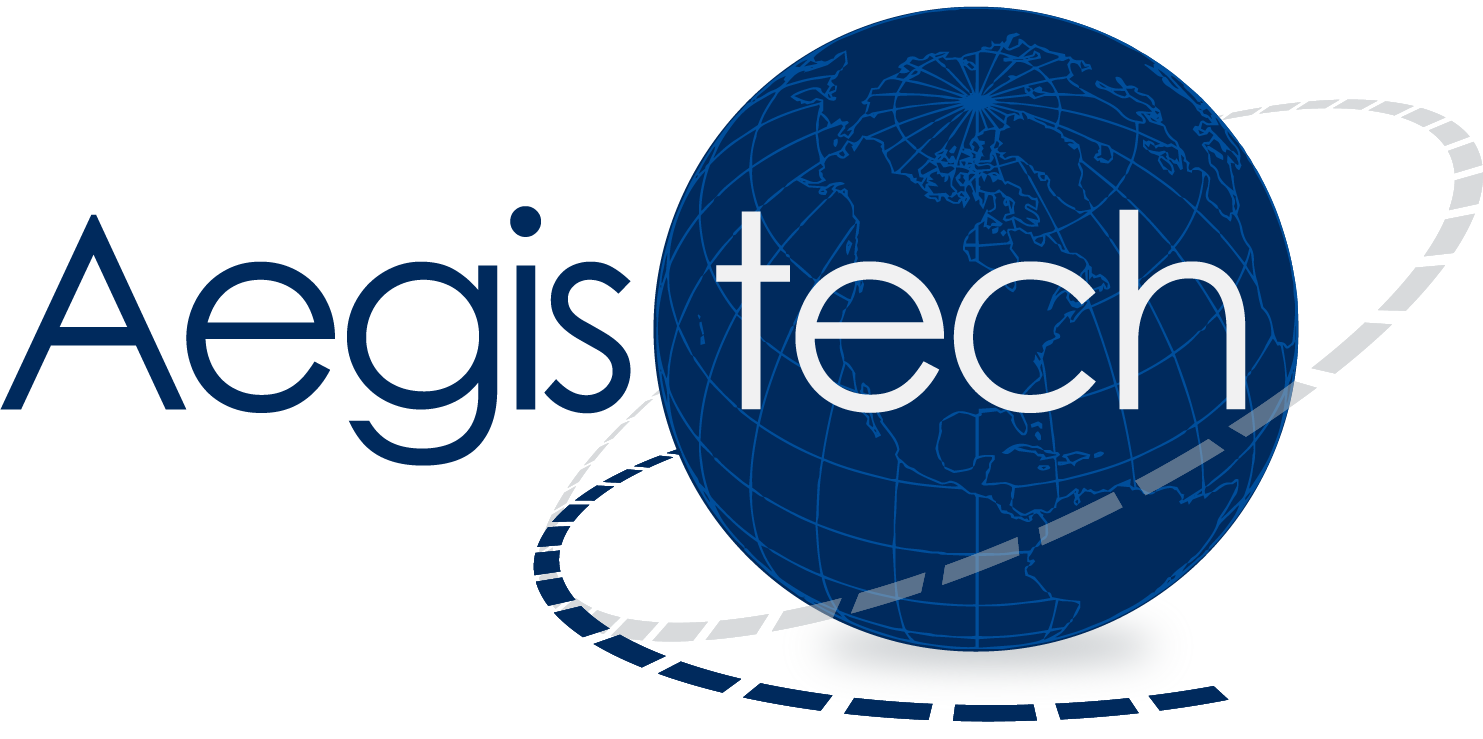
How should you best prepare for a technical interview? What type of questions are routinely asked by interviewers? To better understand what to prepare for, let’s start with what do interviewers ask and why.
What are interviewers thinking going into an interview?
They are really hoping this candidate will be an excellent fit for this job. Interviewers are taking time away from their daily job trying to find the next great teammate. They don’t want to waste time on the wrong candidates. They would love to find a candidate who can hit the ground running, needing as little ramp up time or hand holding as possible. They also want someone who will be happy in this position and with the company so they will most likely stay long-term.
How do they figure out if you can do the job?
It’s not necessarily by just asking you tricky questions about syntax or how to efficiently code a particular function. They want to know what and how you’ve done similar things in your past. You should be able to thoughtfully discuss how you approached a similar challenge, analyzed and tackled it successfully. What obstacles did you have to overcome, what did you learn in the process? If you have previously done what they are looking for, this should be very easy to answer. Therefore, you should spend time reviewing what you have actually done on your previous projects that relate to the job you are interviewing for. This is the number one thing you should do to prepare!
Start with knowing your own resume and history.
Review all that you’ve done. Be able to point it out on your resume. Practice describing the projects you’ve worked on and specifically what your role was, what were you responsible for on a daily basis. Practice how you’d answer the above questions. Don’t just wing it, you will not give your best answers. Be honest about what you have not done.
Aligning your background with the job.
You may have done some really great things in your past, but if they don’t align with the job you are interviewing for, they won’t help your chances. Try to use your past experiences to give examples of how you would handle situations and responsibilities in the new job. Not everything in your background will be relevant.
Know who will be interviewing you.
Find out who you will be interviewing you and look them up online. Familiarize yourself with their background. This may help you have a better idea of the topics that will be covered in the interview. You may also know people in common, a great ice breaker.
Interviewers want problem solvers, so reviewing problems you have solved previously is a good start. But be ready for hypothetical problems to solve. The best way to handle these is to state any assumptions you are making in this scenario and walk through step by step how you would analyze the problem and structure the solution, giving as much detail as possible. Always demonstrate your ability. Remember, vague answers are wrong answers.
Show passion and energy!
Interviewers are also looking for candidates who are passionate about technology. Candidates should be able to articulate why they are interested in the field and demonstrate their enthusiasm for learning and staying up to date with the latest technological trends. Interviewers are listening for candidates who are genuinely interested in the job and motivated to succeed.
Communication Skills are key!
Great communicators are hard to find in the technology field. Tech jobs often require collaboration with other team members, so candidates should be able to communicate at a high level and explain technical concepts in non-technical terms and interface effectively with colleagues. Interviewers are listening for candidates who can explain their work in a clear and concise manner, and who are comfortable working in a team environment.
Do you have any questions?
You should be prepared to ask a few intelligent questions regarding the project, the team or goals of the organization. If it has not already been covered in the interview, ask about how your role fits into the team and the organization. Perhaps, what is the most critical thing you will be delivering?
So, keep in mind candidates interviewing for tech jobs should be prepared to demonstrate their specific experiences, problem-solving skills, passion for technology, and communication skills. By understanding what interviewers are really listening for in their answers, candidates can better prepare themselves for successful job interviews in the tech industry.


